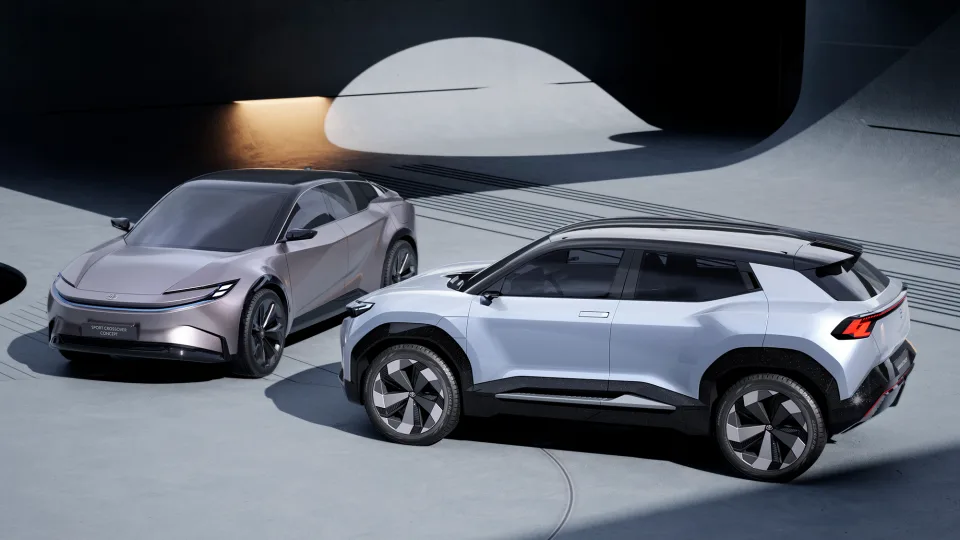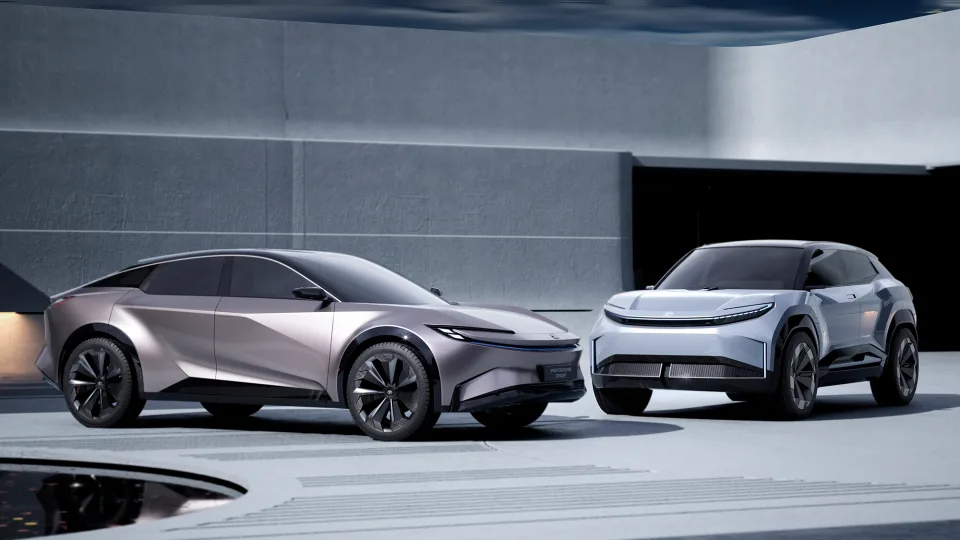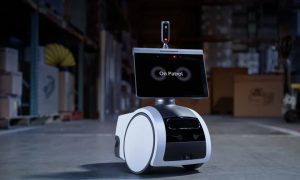On Monday, Toyota announced its intention to broaden its European range of battery Toyota’s electric Vehicle (BEVs) to encompass six models by 2026. The automaker introduced two new concepts for its upcoming EV lineup, including an “almost production-ready” Urban SUV and a Sport Crossover scheduled for a European debut in 2025. Despite being the world’s largest automaker by sales, Toyota currently offers only one fully electric model, the bZ4X, as part of its commitment to achieve 100 percent carbon neutrality by 2035.
The newly unveiled concepts will join the bZ4X and a Compact SUV showcased last year. The Urban SUV concept, with an anticipated European launch in 2024, features an “authentic SUV design” inspired by Toyota’s Yaris Cross, a leading model in its class. The Urban SUV concept will be available in front-wheel and all-wheel-drive configurations, offering two battery options — one budget-friendly and another with an extended range.
Details about the Sport Crossover concept are limited, but it is characterized by a sloping fastback profile, positioning it as a sleeker alternative to traditional SUVs. Toyota anticipates this concept to enter production in 2025.

Toyota has outlined plans to introduce next-generation batteries starting in 2026, with a focus on performance and cost efficiency. The first battery iteration will emphasize performance, featuring a conventional structure that doubles the range and boasts a 20 percent lower price tag compared to the bZ4X.
The second battery aims to promote EV adoption by offering a “good quality, low-cost” option with a unique bipolar structure and a predominant use of cost-effective lithium iron phosphate (LFP). Toyota envisions a 20 percent higher range and a 40 percent lower cost than the bZ4X with this battery.
The third battery will be dedicated to high-performance applications, utilizing high nickel cathode and bipolar technologies. Toyota has hinted at even lower costs and an extended driving range, without specifying exact goals for range and pricing.
Additionally, Toyota’s electric vehicle provided a glimpse of progress in its solid-state battery development, though it may still be three or four years away. Andrea Carlucci, Vice President of Toyota Europe, stated that a breakthrough has been achieved in overcoming the long-standing durability challenge of solid-state batteries. The company is actively working on a mass production method, aiming for commercialization in 2027-2028 with a production capacity of several tens of thousands of vehicles. With solid-state cells, Toyota aims for a remarkable charging time of 10 to 80 percent in just 10 minutes.




